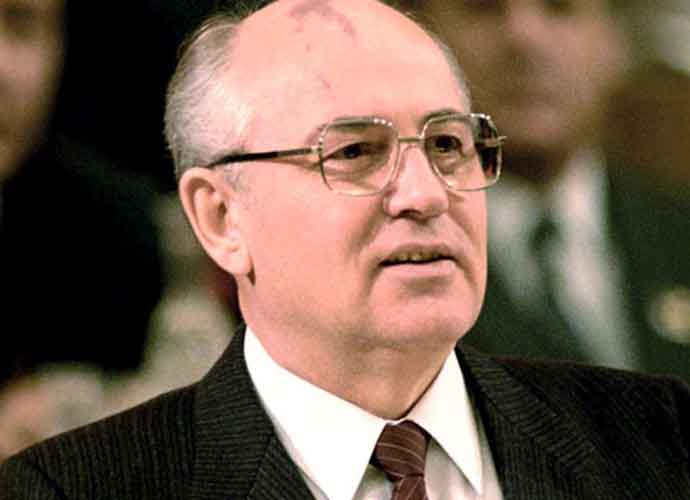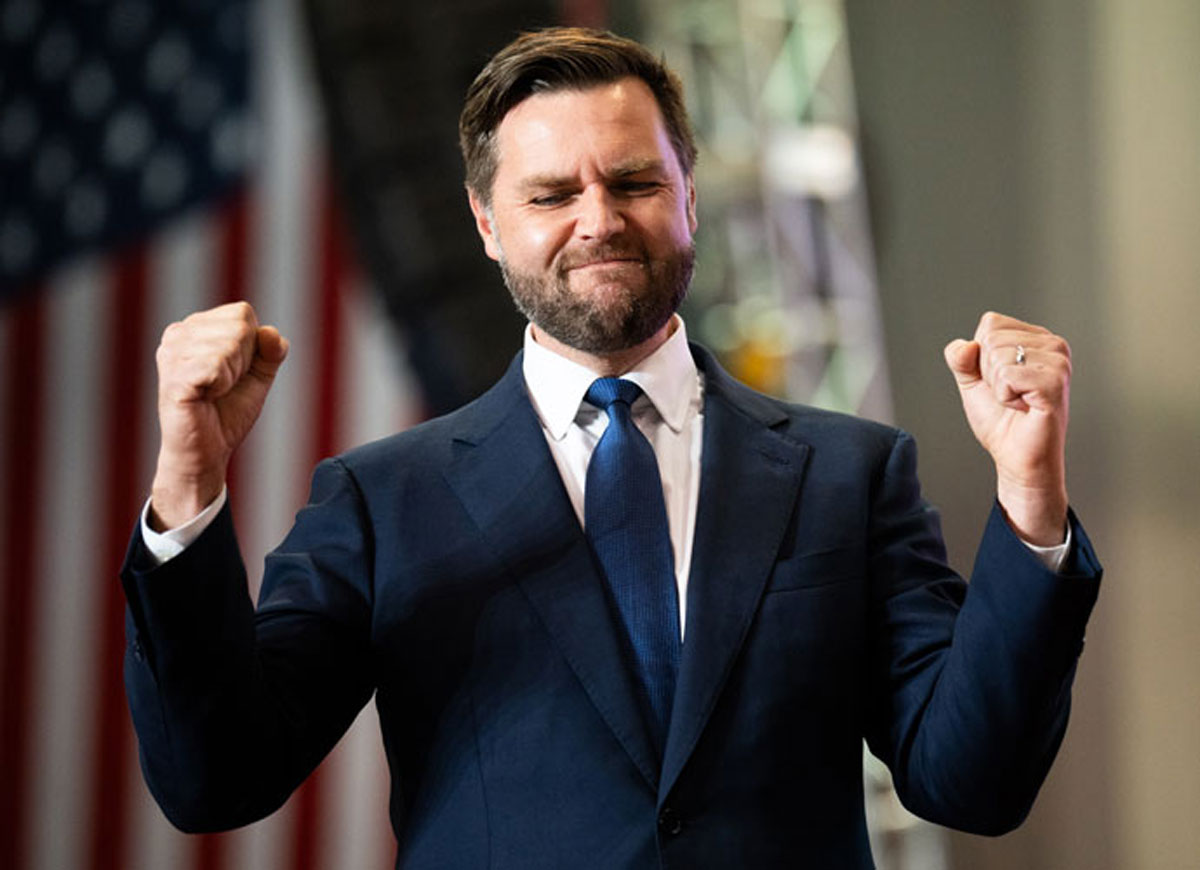Mikhail Gorbachev, Last Leader Of The Soviet Union, Dies At 91
Mikhail Gorbachev, the Russian politician who was the last leader of the Soviet Union before its dissolution, passed away at the Central Clinical Hospital in Moscow yesterday.
Doctors said Gorbachev had been under supervision there since 2020 due to a “severe and prolonged illness,” that finally took his life at the age of 91.
IN MEMORIAM 2022: 100 GREAT CELEBRITIES WHO DIED THIS YEAR!
He was the longest-living Russian leader in history, surpassing past leaders Alexander Kerensky and Vasily Kustenov by two years. He was known in his period of leadership for eventually accepting social democracy and making reforms to Soviet Union before its dissolution, including withdrawing from a long conflict in Afghanistan, working to limit nuclear weapons production and ending the Cold War.
Gorbachev was of the most prominent figures of 20th-century international politics. He was both praised for ending the decades-long Cold War and providing Russians with new economic freedoms, but also criticized by some Russians for accelerating an economic collapse that led to ballooning unemployment in the country.
Mikhail Gorbachev was born on March 2, 1931 in the village of Privolnoye, in the middle of a three-year famine in Russia during which two uncles and an aunt of his died. The young Gorbachev was also influenced by many moments of turmoil in his home country. He had family members who were arrested spent time being tortured in Russian gulags, and Privolvoye was occupied by the German Army in World War II when he would’ve been around 11.
“The war left a heavy mark on us, a painful mark,” Gorbachev reflected in an interview with The Academy of Achievement. “This is permanent, and this is what determined a lot of things in my life.”
Gorbachev first became involved in the Communist Party in 1946 when he joined his local Komsomol, a Soviet youth group and eventually became the district leader of the chapter. He was a voracious reader even of Western novels and excelled academically. The leader also spent summers helping his father farm grain.
He moved to Moscow at age 19 to study law at Moscow State University, where he was a lively debater and also became involved in the Komsomol there. He also met his longtime wife Raisa Titarenko while they were both enrolled in University, and were married from 1953 until her death in 1999.
Gorbachev spent many years working in local positions and building trust within the local Communist Party after graduating law school in 1955. One of his first major promotions came in 1970 when he became First Secretary for the city of Stavropol, which is close to the border of Georgia. He also began making diplomatic trips to Western Europe on behalf of the Soviets during the 1970s.
In 1985, he was unanimously appointed to be the General Secretary of the Soviet Union after the death of Konstantin Chernenko. Along with his accomplishments, Gorbachev oversaw the Russian response to the Chernobyl nuclear plant disaster, which occurred only a year after his appointment to leadership.
He was also known for his “glasnost” (openness) policy which expanded freedom of speech protections in the country, and the “perestroika” (restructuring) movement which decentralized some economic operations in the country.
After his presidency, Gorbachev became a vocal critic of current Russian President Vladimir Putin. He also founded the nonprofit Gorbachev Foundation, which mainly analyzes Russian history with a focus on the Perestroika era.
He provided funding for the foundation mainly through speaking fees as a lecturer. Gorbachev even released an album in 2009 called Songs For Raisa which was composed of Russian love ballads in honor of his wife he sang himself.
RELATED ARTICLES
Get the most-revealing celebrity conversations with the uInterview podcast!






Leave a comment